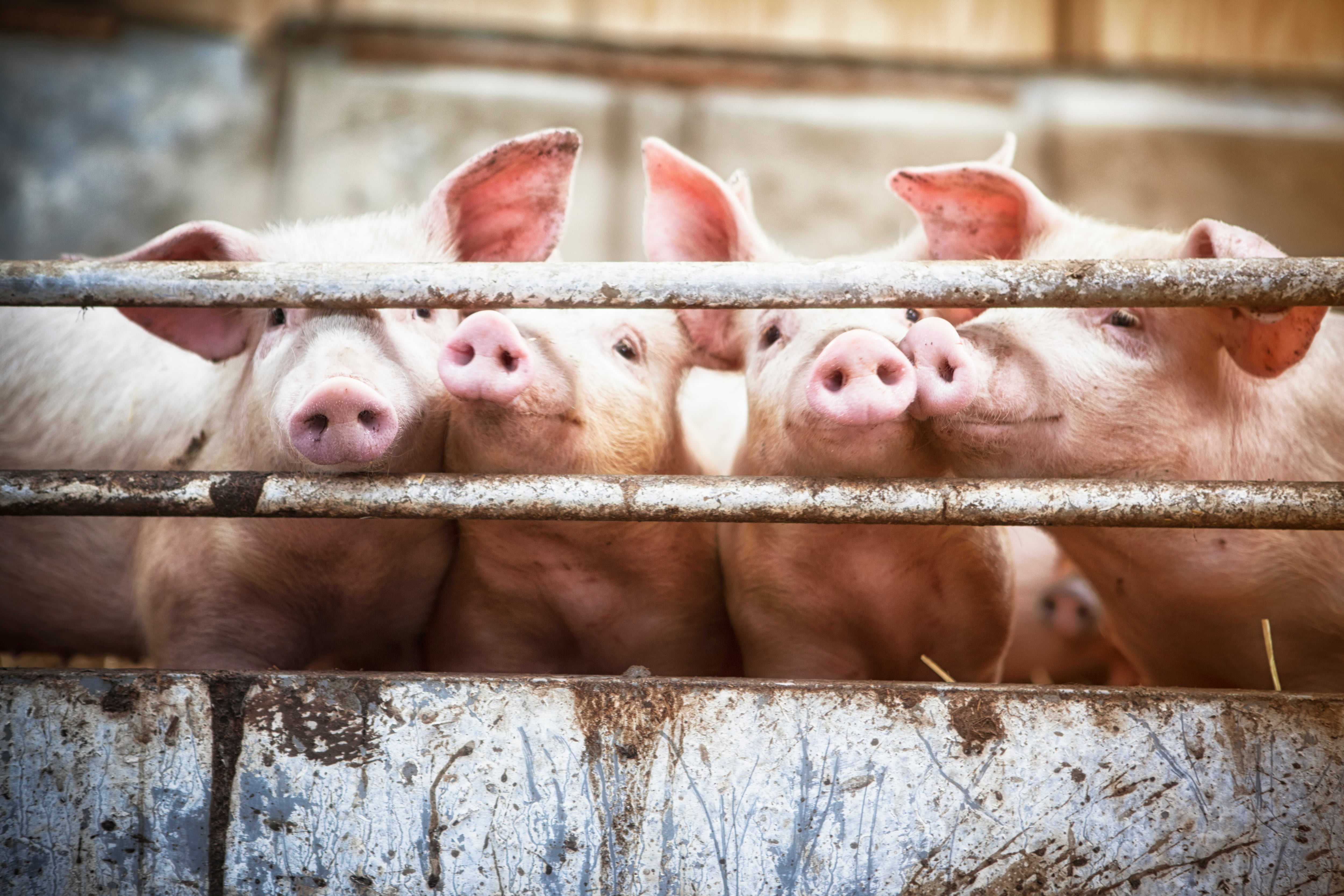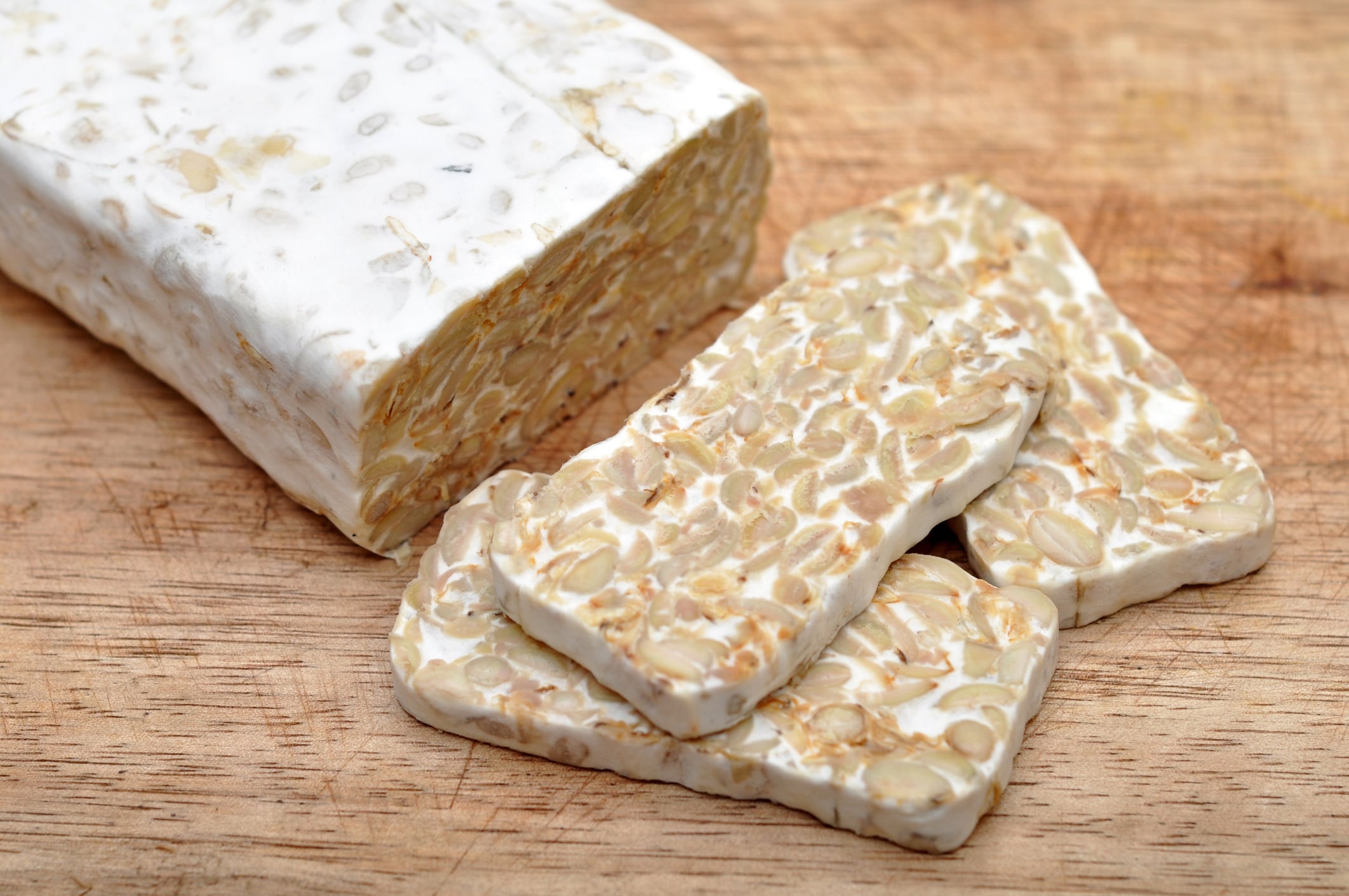Tail docking of pigs is banned in the UK, but the Animal Law Foundation has said that the practice has become commonplace on farms.
In response, the charity has sent a legal letter to Defra secretary Steve Reed calling on the department to take action on the “illegal routine mutilations”, revise the existing Code of Practice for the Welfare of Pigs and investigate the role of vets in authorising tail docking.
The practice, which involves cutting part of a pig’s tail, is typically carried out without anaesthetic just days after birth and causes acute pain and suffering, including the development of painful neuromas.
It became widespread with the rise of intensive farming, where confinement and lack of stimulation can lead to pigs biting each other’s tails out of boredom and frustration, the charity explained.
However, Section 5 of The Animal Welfare Act 2006 in England and Wales, and equivalent provisions in Scotland and Northern Ireland, protect farmed pigs from mutilations such as tail docking, as it involves interference with the sensitive tissues or bone structure of the animal stating.
It is permitted only under the Mutilations (Permitted Procedures) Regulations 2007 where tail-biting has already occurred despite environmental and management improvements, but should only be used as a last resort.
Defra’s Code of Practice for the Welfare of Pigs allows for preventative tail docking based on predicted risk, but again claims it should only be used as a last resort. A veterinary surgeon must authorise any exceptional tail docking that is commenced.
The letter calls on Reed to develop clear, legally grounded guidance for veterinary surgeons on tail docking, with the Royal College of Veterinary Surgeons having informed The Animal Law Foundation that it is willing to work with Defra.
“The routine tail docking of pigs is prohibited in the UK,” said Morgane Speeckaert, advocacy and communications officer at The Animal Law Foundation.
“Yet overwhelmingly we continue to see pigs mutilated on farms up and down the country. Defra must act to ensure the law is enforced.”
Food Manufacture has reached out to Defra for comment.





